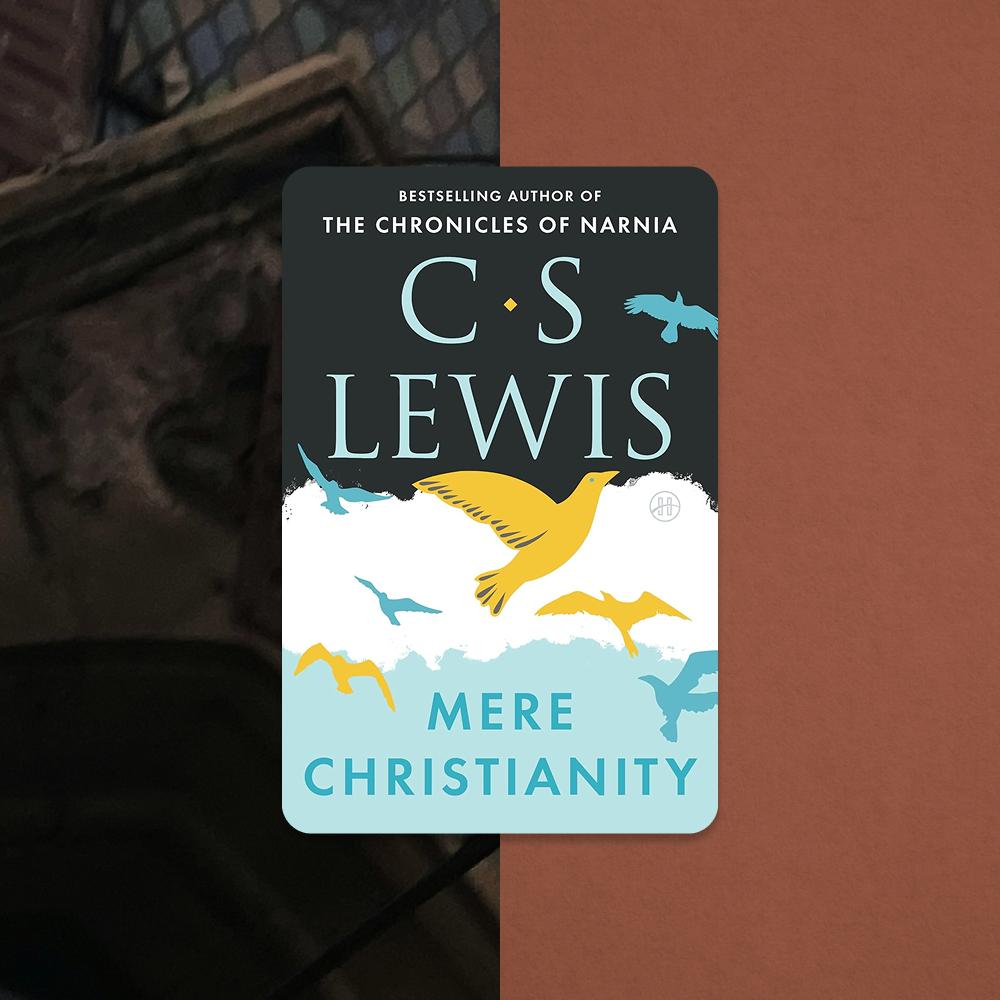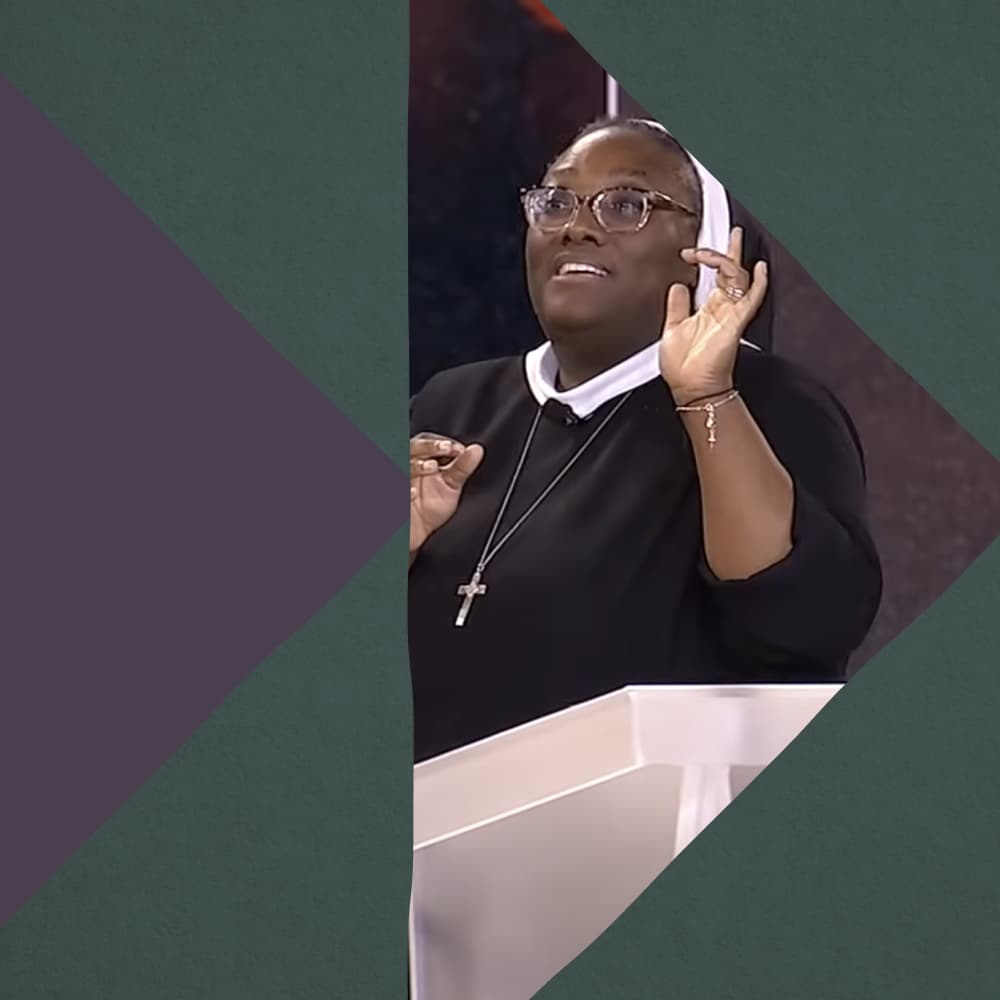I remember trying to start reading the Bible several times in high school. Even when my life was very out of alignment with God, IE a selfish, wayward teenager, I still felt like there was something magical about this book that would become a better person if I read it.
So I tried to jump-start the habit of reading it consistently but it never stuck. I did have one semi-successful streak going but it was probably more out a fascination with the book of Revelation because it seemed so epic and strange with a slaughtered lamb and a beast rising out of the sea. As tempting as the epic battle at the end of time might sound, Revelation is probably a confusing place to start.
At one point, I also tried to read the whole Bible cover to cover, which I also didn’t finish and don’t recommend. While it’s an easy ride through Genesis and Exodus with so many cool stories of God’s people, but then all of a sudden you will hit Leviticus and your momentum will fall away like gym attendance in February. Now, Leviticus and every book of the Bible is important, but just starting out—I needed a strong foundation in order to find the gold in those books where it can be a little more hidden.
And for me, that really started with stories of Jesus.
I had just gotten a glimpse of Him in my life—He wasn’t the gentle Jesus, meek and mild that had somehow made it into my head. He was far more nuanced and talented; He had political savvy and he didn’t back down from the right fight; He told stories; He was on a mission and He was disciplined. I could not get enough of discovering who He really was.
This led me to read the gospels. At the time I was confused between thinking it was the whole Bible and the section that you have to say “thanks be to God” after. Now I know it’s the books of Matthew, Mark, Luke, and John and they are all stories of Jesus’ time on earth.
Now, if you’ve ever watched Inception you will know stories can have different interpretations—which is what the four gospels are doing around Jesus’ life. They represent something beautiful, that God would have the confidence in you and me to really use our brains to think through the different interpretations and see different truths of Him highlighted in each. It’s not something to fear but actually something that can help us when we hear the gospels at Mass or even just engaging our faith in every day—it can give new context that helps us make connections about ideas we may not have seen before.
It’s also important to take time to think about the stories critically. What was Jesus up to? And why was He doing it? We can’t read the Bible as a scientific textbook that you can master or learn all the facts. Read it with a sense of trying to understand both the context of the time and also coming underneath its reverence with a humility that it has something we are am submitting to. It is about reading from the intent of which the author is trying to convey truth.
While knowing where to start with your Bible is not like watching Starwars—where there is a right or wrong way to watch the order—this is where I recommend you start: Begin with Matthew, Mark, Luke, and John and then Acts of the Apostles. Then switch it up by going to the Old Testament and reading Genesis and Exodus. Then go back to the New Testament and read Romans and keep going till you hit Revelation.
If you are feeling it Psalms and Proverbs are also pretty good spots to hang out for an artistic change of pace and approach to wisdom. By the time you’ve read all those, I hope that you’ve gained the confidence to try getting into the other books of the Old Testament like Kings and Chronicles.
Even to the seasoned Christian, the Bible brings up questions or interpretations that might need to be unpacked or researched. It’s good to dive into things that come up but, especially when starting out, I think there is a wisdom of simply covering ground to see the broad strokes of the story God has painted. You can use resources like the Bible Project that help walk you through the big story.
Know that it’s not going to be like lightning striking you from heaven, but I am convinced that even though you might not have an “a-ha” moment every time you read, you will start spilling over in other parts of your life and you will find yourself recalling the stories in conversations and situations that seem strangely relevant to what you read.
If you feel the stirring in your heart to get into the Bible I want you to know something.
There are few things in my life that have shaped me more than being able to read how God interacts with his people and who He is.
Although I think my teenage self got so many things wrong about life the one thing he got right is that the Bible does have some sort of spiritual magic to it but it only works when you spend time readings its pages.






